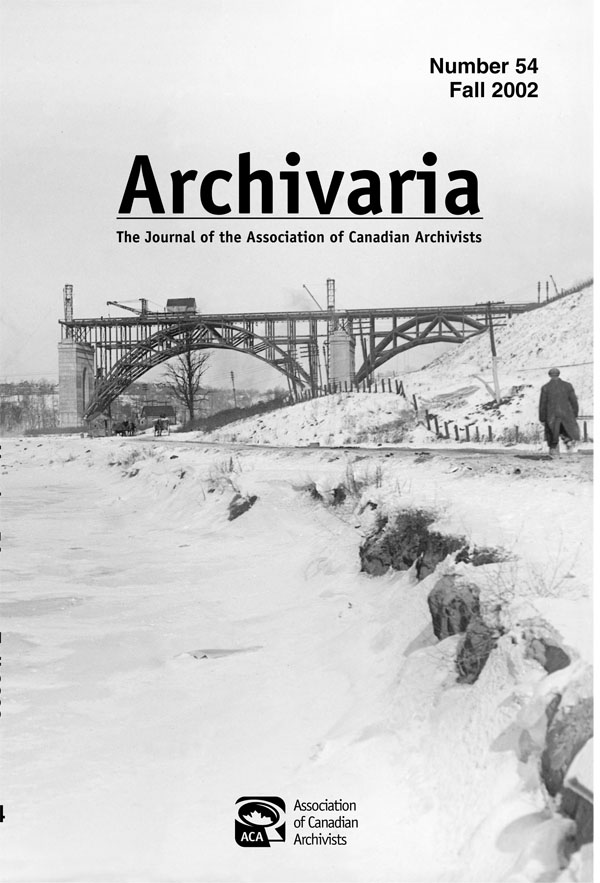The Last Dance of the Phoenix or The De-Discovery of the Archival Fonds
Abstract
Probably even more in Europe than in the rest of the world the principle of provenance caused confusion and heavy debates among archivists. Its roots seem to be in the respect des fonds, expressed in France in 1841, but as a matter of fact are much older and initially lacked any kind of theoretical foundation. The diversity in administrative practice in various European traditions did not contribute to a real consensus, either about what a fonds is, or whether the original order should be preserved or restored. In those traditions where strong registry systems exist (or existed) archivists tend to respect the original order, whereas in other traditions archivists may find it cumbersome. But even the fonds as an entity to respect is challenged, since often administrative changes in the originating administration blurred its boundaries. Why do archivists all over the world try to respect a thing or a situation that is so problematic? What is the reason that again and again archival thinkers try to solve the puzzle caused by the unruliness of the material with which they work? Why do they try to get all situations to fit into their paradigm? How is it the Phoenix can be reborn from any fire that it burns? In a re-reading of existing literature, European, North American, and Australian we may discover new patterns.
RÉSUMÉ
Le principe de provenance, probablement plus encore en Europe que dans le reste du monde, entraîne de la confusion et des débats intenses entre archivistes. Les racines de ce principe semblent être dans le respect des fonds, exprimé en France en 1841, mais elles remontent en fait encore plus loin et manquent à l'origine de tout fondement théorique. La diversité des pratiques administratives dans les traditions européennes n'a pas contribué à un réel consensus, tant pour la définition du fonds, que pour la question de savoir si l'ordre primitif des documents doit être préservé ou restoré. Dans les pays où la tradition du registre central existe, les archivistes ont tendance à respecter l'ordre original alors qu'ailleurs, les archivistes le trouve encombrant. Mais même le fonds comme entité à respecter est remis en cause, puisque les changements administratifs brouillent souvent ses limites. Pourquoi les archivistes à travers le monde tentent-ils de respecter un concept ou une situation qui pose tant de problèmes? Pourquoi les penseurs dans le domaine de l'archivistique tentent-ils autant comme autant de résoudre le casse-tête causé par l'indiscipline de leurs documents? Pourquoi tentent-ils de faire entrer toutes les situations dans un même paradigme? Pourquoi le Phoenix renaît-il toujours de ses cendres? C'est par une relecture de la littérature existante, tant européenne, nord-américaine qu'australienne, que l'auteur tente de découvrir de nouveaux modèles.
Authors of manuscripts accepted for publication retain copyright in their work. They are required to sign the Agreement on Authors' Rights and Responsibilities that permits Archivaria to publish and disseminate the work in print and electronically. In the same agreement, authors are required to confirm that "the material submitted for publication in Archivaria, both in its paper and electronic versions, including reproductions of other works (e.g. photographs, maps, etc.) does not infringe upon any existing copyright." Authors of manuscripts accepted for publication retain copyright in their work and are able to publish their articles in institutional repositories or elsewhere as long as the piece is posted after its original appearance on archivaria.ca. Any reproduction within one year following the date of this agreement requires the permission of the General Editor.





